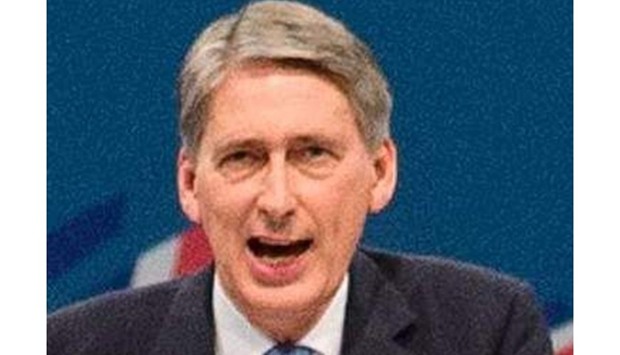Finance Minister Philip Hammond avoided a potentially embarrassing slip-up before June’s parliamentary election as he hit his budget deficit target for the 2016-17 financial year, but his fiscal challenge is likely to get harder.
The shortfall in the public accounts fell by nearly 28% to £52bn in the 12 months to the end of March, helped by the strength of the economy since the Brexit vote and one-off factors, official figures showed yesterday.
This was in line with a forecast set out in March by the country’s budget watchdog, the Office for Budget Responsibility (OBR).
At 2.6% of gross domestic product, the deficit was the smallest since the eve of the global financial crisis, and no longer high by international standards.
Furthermore, it was smaller than previous OBR forecasts including one made before voters delivered their shock decision to leave the European Union last June.
Even so, the deficit is expected to rise in the 2017-18 financial year as one-off factors that helped the government last year — such as changes in the timing of payments to the EU budget and the impact of changes on dividend taxation — unwind.
Looking further ahead, whoever wins the national election on June 8 needs to work out how to pay for rising costs related to the ageing of Britain’s population.
“While the deficit is now approaching a more sustainable level, there will still be some tough choices ahead on tax and spending for the next government,” John Hawksworth, chief economist at accountancy firm PwC, said.
Last week, Hammond suggested he wanted the ruling Conservative Party to drop its promise not to raise income taxes, sales tax or social security contributions, saying they limited his flexibility to manage the economy.

Philip Hammond
